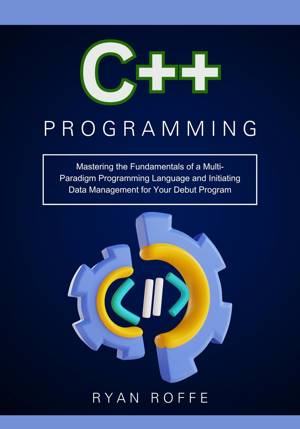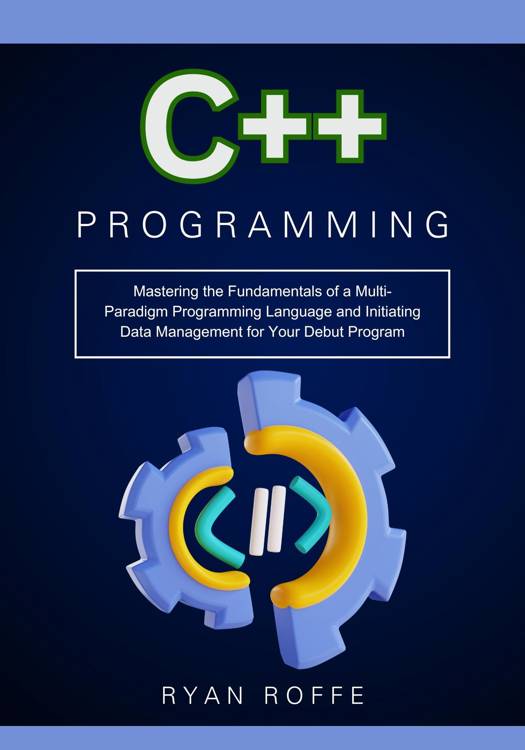
- Retrait gratuit dans votre magasin Club
- 7.000.000 titres dans notre catalogue
- Payer en toute sécurité
- Toujours un magasin près de chez vous
- Retrait gratuit dans votre magasin Club
- 7.000.0000 titres dans notre catalogue
- Payer en toute sécurité
- Toujours un magasin près de chez vous
C++ Programming: Mastering the Fundamentals of a Multi-Paradigm Programming Language and Initiating Data Management for Your Debut Program EBOOK
Ryan roffeDescription
Why Should You Familiarize Yourself with C++ Even if You Prefer Higher-Level Languages?
In today's AI-driven industry landscape, C++ forms the backbone of many critical systems. While AI scientists and data analysts often opt for user-friendly languages like Python, C++ remains essential for robust projects. This trend persists, especially in the realm of autonomous driving technology.
Forecasts suggest that by 2025, approximately 15% of robotic applications will rely on C++ as their primary development language.
C++ garners acclaim among programmers for its advanced features and clear syntax, evolving from the foundational C programming language over the last four decades. Notably, software giants like Adobe utilize C++ to build renowned products such as Photoshop and Acrobat.
The language's success stems largely from its object-oriented nature, which gained popularity in the early 1980s for its adaptability and simplicity. C++ facilitated the seamless transition of C libraries into functional C++ libraries during this period.
Key considerations include:
Recognizing the Importance of C++ Basics: Essential for low-level programming and overall efficiency.
Developing Firmware for Embedded Systems: Vital for creating high-performance software components and libraries.
Understanding Operating System Structures: Enables leveraging the system's architecture effectively.
Exploring STL Containers: Facilitates professional game development and other software endeavors.
In essence, while higher-level languages offer convenience, a grasp of C++ empowers developers with unparalleled versatility and performance capabilities across diverse applications.
Spécifications
Parties prenantes
- Auteur(s) :
- Editeur:
Contenu
- Langue:
- Anglais
Caractéristiques
- EAN:
- 9798224830183
- Date de parution :
- 25-01-24
- Format:
- Ebook
- Protection digitale:
- /
- Format numérique:
- ePub

Les avis
Nous publions uniquement les avis qui respectent les conditions requises. Consultez nos conditions pour les avis.






